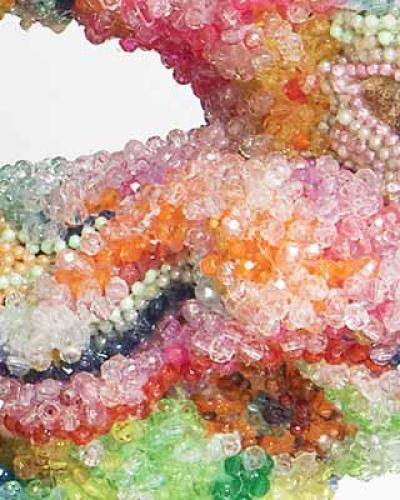The Society for the Humanities at Cornell University seeks interdisciplinary research projects for residencies that reflect on the theme of fabrication. Embodying two strands of production – creation and concoction, making and faking, forming and falsifying – fabrications are both made up and made real.
Fabrication is bound up with fiction, language, and storytelling: from spinning a yarn and weaving a tale through embellishment to lying and falsehood. Fabrication recalls the old adage that ‘the poets lie,’ pondering the relation between invention and deception. While today it seems that the pejorative sense of fabrication often falls to politicians, this dual valence nonetheless raises the question of whether art, fiction, narrative, and historiography ever fully extricate themselves from suspicion. This is especially the case in the age of quantification and ‘hard data,’ with its attendant effects on the humanities – and yet numbers without narrative tell us nothing, have no story to tell.
In so far as homo faber demarcates the human as artisan, as one who works and produces (or perhaps refuses to participate in an economy of production and reproduction), fabrication necessarily calls upon studies of labor, manufacturing, and (mass-)production. In this sense, fabrication connotes a materiality or tactility that stretches from the factory floor to the loom, and can be apprehended in metal and wood, plastics and dyes, canvas and paper, clays and concretes, fabrics and textiles.
From the weaving of Penelope to the communal knitting of ‘pussy hats,’ fabrication is gendered and embodied, mythologized and politicized, turning domestic crafts (often ‘women’s work’) into acts of resistance. Through fashion, costume, adornment, and drag, fabrication is woven into questions of embodiment, gender, sexuality, performance, and transformation. Communities and identities can be crafted, agency conjured, systems of power refashioned.
Raising the relation between the high and low arts, the artist and the worker, the poet and rhetorician as well as the gendering of production and reproduction, fabrication lies at heart of the art and humanities.
The Society for the Humanities invites applications from scholars and artists who are interested in participating in a productive, critical dialogue concerning the topic of fabrication from a variety of disciplinary perspectives.
More on Fabrication
Image: Raúl de Neieves, Daves of Wonder, courtesy of the artist & Freedman Fitzpatrick Gallery

